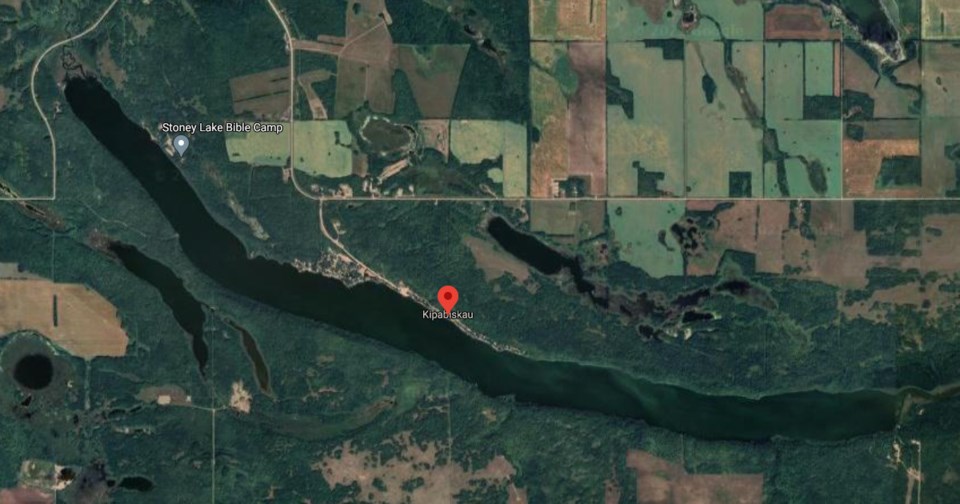KIPABISKAU — Lake Kipabiskau Regional Park Board and Water Quality Committee members have been working for years to improve their dropping water quality and are asking local groups to support them moving forward.
Through the University of Regina’s Department of Biology, researchers have been doing spring and fall water quality tests in 23 Saskatchewan lakes, including Kipabiskau. Now the Kipabiskau board and committee want to take the process one step further and ask the university for their assistance with bigger water quality improvement projects, like assistance with weed harvesting and nutrient limitations.
The board has sent out letters to local stakeholders asking for their support of this project, including Melfort city council and Tisdale town council, the Carrot River Watershed Authority, and Ducks Unlimited.
Located just 40 kilometres south of Tisdale, Kipabiskau is home to Stoney Lake Bible Camp. The lake sees over 2,000 campers a year, 184 cabins, and 61 season campsites. Water quality has been an ongoing issue for the last 25 years, according to a recent press release from the board and committee.
Five inlets empty into Kipabiskau, said Al Bradshaw, a member of the Water Quality Committee and all-season resident of the lake, and the surrounding agricultural operations, whether it is livestock pastures or cropland, does have an impact on the amount of nutrients going into the lake.
“There's a big drainage basin here coming in from Pleasantdale area through farmland. There's just a whole lot of things happening before the water gets here [to Kipabiskau].”
When Ross Mireau first started living at Kipabiskau 25 years ago, lake goers may have seen some blue-green algae appearances in August or late in the year but it has gotten considerably worse. Too much blue-green algae can do much by way of dropping the recreational value of the lake, said the Kipabiskau Regional Park board member, and increased weeds along the shoreline have made boating activities more difficult as well. The board and committee have done their own remediation work to improve water quality, he said, many of which will cut back on effluent going back into the lake.
Inspections were done on all cabins to ensure the proper disposal of greywater from sinks and showers, as well as vaults being put under all remaining outhouses to eliminate that as a runoff source.
Mireau attributed other work to the Water Quality Committee, including proper dog waste stations around the regional park and signage to promote the proper disposal of greywater.
While this work has meant lessening their own impact on Kipabiskau, more needs to be done, Mireau said.
While possible projects through the University of Regina have not been approved as of yet and grant money will be needed to fund these projects, Mireau is hopeful that these projects will happen in the near future. His hope is to see a vast improvement in the water quality in Kipabiskau over the next five years.



